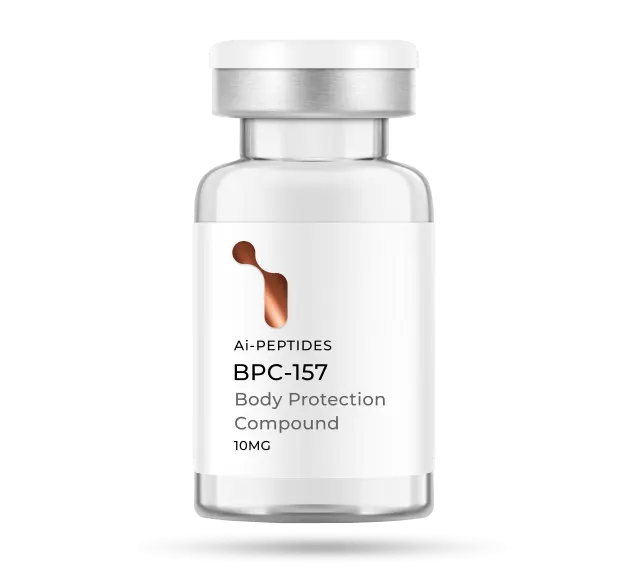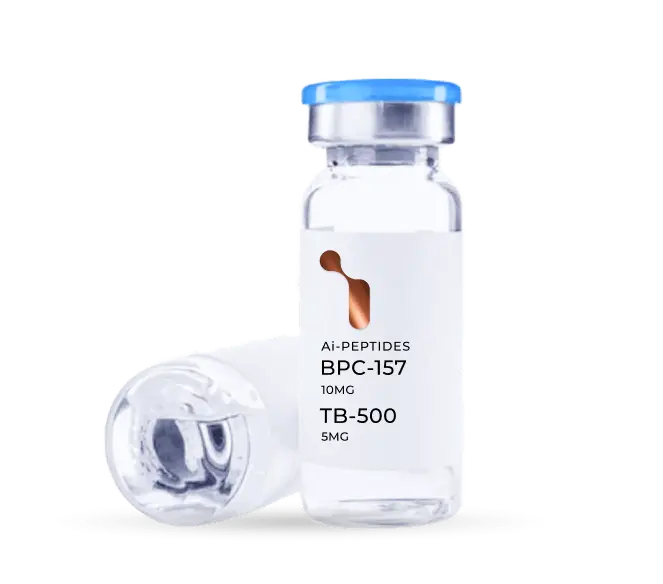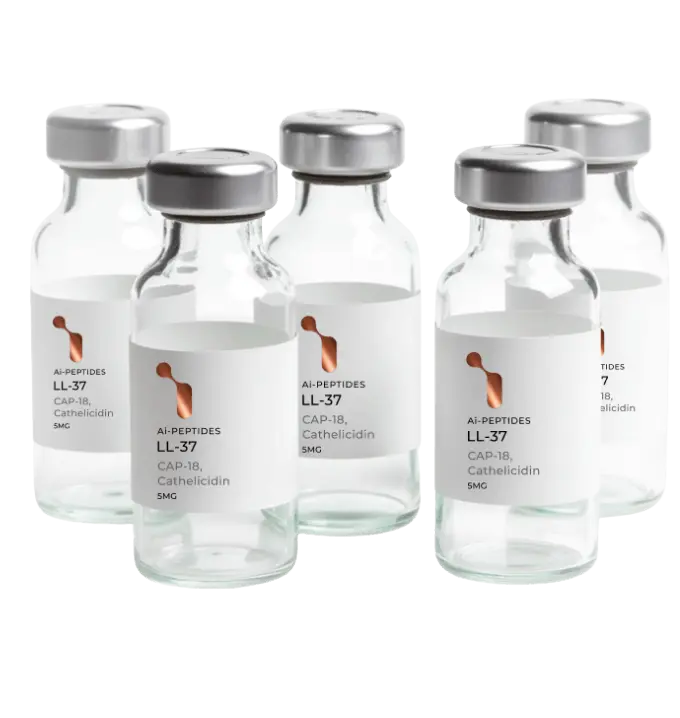Peptide Bioavailability
Peptides are short chains of amino acids that are being extensively researched for their potential therapeutic benefits. While they are commonly associated with subcutaneous (SubQ) Administration, recent advancements in peptide modification have allowed for better oral bioavailability. In fact, many peptides can now be taken orally in pill or capsule form, making them more convenient and accessible to a wider range of research and clinical studies.For example, Thymosin Beta4 (TB500) is a peptide that has been shown to have several therapeutic benefits, such as improving wound healing and reducing inflammation. In its original form, TB500 had to be administration subcutaneously to be effective. However, a newer fragment of TB500 called Thymosin Beta4 Fragment SDKP has been modified to have better oral bioavailability, meaning it can be taken orally and still produce the same therapeutic effects.Another example is BPC157, a peptide that has been shown to promote healing and reduce inflammation. In its original form, BPC157 was administered subcutaneously. However, a newer version of BPC157 that uses the Arginate salt instead of the usual Acetate salt has been shown to have better oral bioavailability, making it easier to administer.In this blog post, we’ll explore the benefits of oral peptide administration and the various modifications that have made it possible. We’ll also examine some of the misconceptions surrounding peptide administration, such as the belief that subcutaneous administration is the only effective way to administer peptides. By the end of this post, you’ll have a better understanding of the potential benefits of oral peptide administration and the different options available to you.




